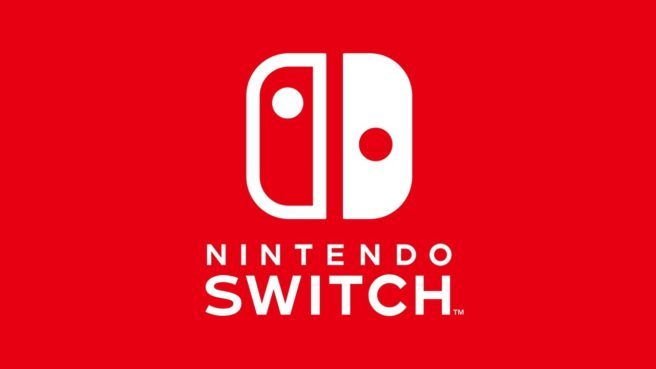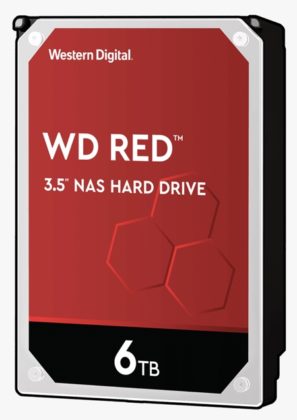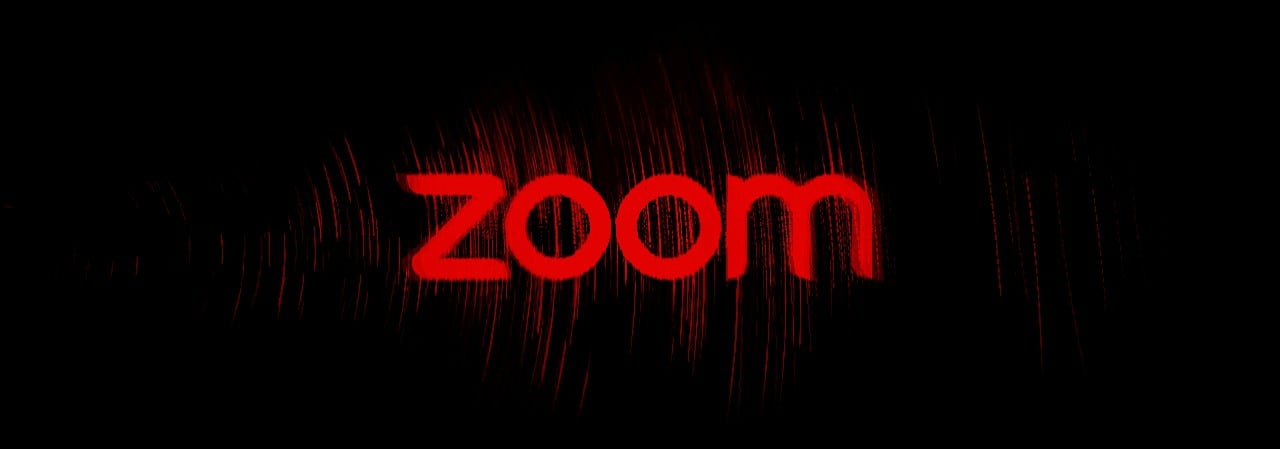AMD RYZEN 5 3600 (4.3 GHz OC)
intel core i7-9700K (4.9 GHz OC)
16GB DDR4 (2×8) 3400Mhz CL16
Nvidia Geforce RTX 2080 Ti
Games: 1080p / Ultra
Nintendo M82 Repair
The Nintendo M82 was a store demo unit that is now a rare collectible. In this video I repair one for a client and also fix a limitation in the design I discovered along the way. Enjoy!
Doom Eternal Has Already Been Completely Broken
Doom eternal has only been out for a few weeks, but speedrunners have already distmantled it beyond recognition. Today I will cover the most game breaking explot called ‘slope boosting’. I’ll cover more mechanics in upcoming videos.
Is the TurboGrafx-16 Mini worth it? – Retail Reviews
This week Ryan shows Mike the TurboGrafx-16 Mini. They go over what’s good about the console and how the system’s library could be better. The TurboGrafx-16 Mini, known as the PC Engine Mini in Japan and PC Engine CoreGrafx Mini in Europe, is a dedicated home video game console by Konami modeled on NEC’s TurboGrafx-16, which was designed by Hudson Soft. The Mini emulates the original console’s 16-bit hardware. The Japanese model contains 58 games total while the international models contain 57. We got a review copy from Konami and wanted to share our findings!
Switch firmware update version 10.0.0 seems to include preliminary support for a new hardware model
Nintendo issued a major update for Switch last night, upgrading the firmware to version 10.0.0. You can read about all of the new features here.
Aside from what Nintendo officially shared, version 10.0.0 also appears to make some notable additions behind the scenes. Dataminer Mike Heskin, after poking through the update, reports that Nintendo has added preliminary support for a new hardware model, which is known as “nx-abcd”. Heskin further states that “3 of the 5 new DRAM profiles are for this new hardware type and there’s evidence of a secondary display of sorts being added exclusively on this model.”

Is the PolyMega really the Ultimate All-In-One Retro Console ? | MVG
PolyMega All in One retro game console is here! As a part of the PolyMega beta test I received my unit last week. In this video we take a close look at the system. Is it really worth $299? How is the emulation? Does it really run Sega Saturn games? Lets find out!
Western Digital admits 2TB-6TB WD Red NAS drives use shingled magnetic recording
Some users are experiencing problems adding the latest WD Red NAS drives to RAID arrays and suspect it is because they are actually shingled magnetic recording drives submarined into the channel.
Alan Brown, a network manager at UCL Mullard Space Science Laboratory, the UK’s largest university-based space research group, told us about his problems adding a new WD Red NAS drive to a RAID array at his home. Although it was sold as a RAID drive, the device “keep[s] getting kicked out of RAID arrays due to errors during resilvering,” he said.

New SNES Case For The RaspberryPi 4 – Is it Worth Buying?
In this video, we take a look at the Vilros SNES Case Raspberry Pi 4! Its defiantly no RetroFlag Case but this is all I could find at the time of making this video. Coming in at $14.99 with an included fan is it worth buying? Let’s find out.
GAME OVER Call of Duty permanently bans 50,000 Warzone players for ‘cheating’ – here’s what NOT to do
MORE than 50,000 Call of Duty players have been permanently banned from the game for cheating in the Warzone mode.
It’s a staggering crackdown given that Warzone only released to the public on March 10 – less than a month ago.

Over 500,000 Zoom accounts sold on hacker forums, the dark web
Over 500,000 Zoom accounts are being sold on the dark web and hacker forums for less than a penny each, and in some cases, given away for free.
These credentials are gathered through credential stuffing attacks where threat actors attempt to login to Zoom using accounts leaked in older data breaches. The successful logins are then compiled into lists that are sold to other hackers.
Some of these Zoom accounts are offered for free on hacker forums so that hackers can use them in zoom-bombing pranks and malicious activities. Others are sold for less than a penny each.
Cybersecurity intelligence firm Cyble told BleepingComputer that around April 1st, 2020, they began to see free Zoom accounts being posted on hacker forums to gain an increased reputation in the hacker community.

